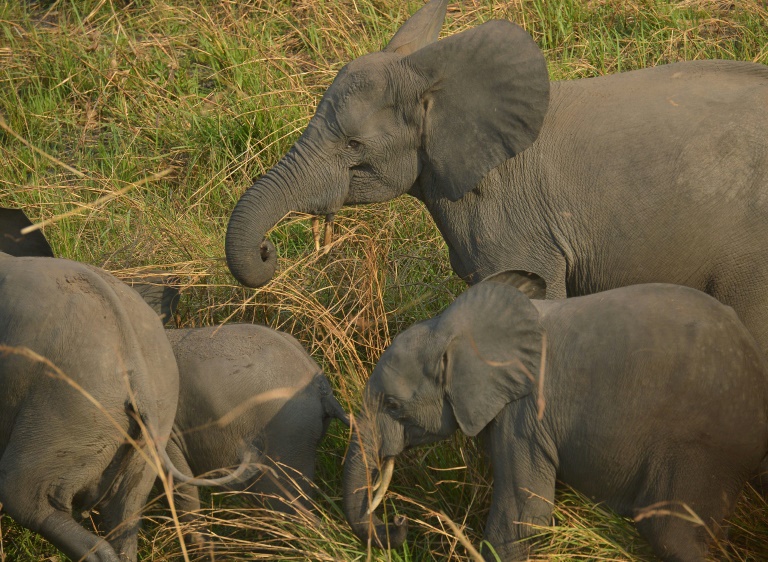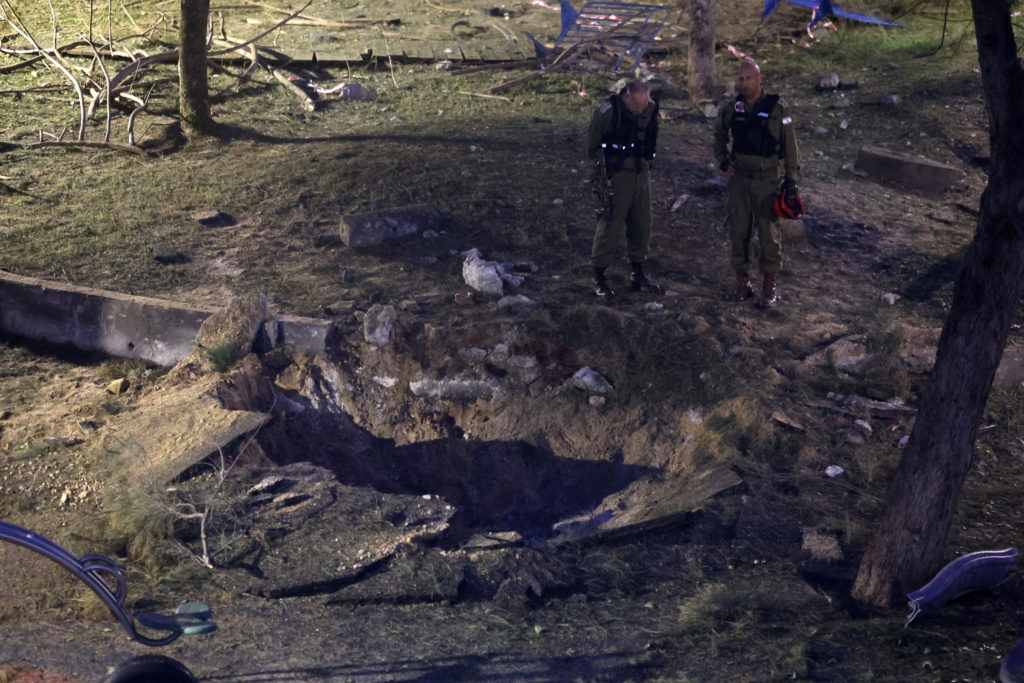Environmentalists in the Democratic Republic of Congo on Thursday urged the government to reverse a move to tax rather than forbid poaching, saying the move endangered millions in conservation funds.
“With this measure to maximise revenues, the Congolese Institute for Conservation of Nature (ICCN) won’t be able to do its work of preserving species in danger of dying out,” the organisation’s chief Cosma Wilungula told reporters at a news conference.
In a joint decision this month, the DRC’s environment and finance ministries said killing, owning or selling protected species would be allowed on payment of a tax.
It now costs $2,885 to kill a forest elephant, while the amount to kill, eat or sell a mountain gorilla is $1,925.
“This decree does away with (the crime of) illegal trafficking of protected species,” Wilunga said, warning that backers would not pay out around $32 million used for conservation each year if the rule stands.
He added that the comparatively low tax payments would create a profit incentive for poaching, with elephant ivory commanding up to $600 per kilogramme (2.2 pounds) on the local market and a baby gorilla worth $100,000.
Just this month, UNESCO’s World Heritage Committee removed the DRC’s vast Salonga national park from a list of threatened sites, praising conservation efforts including for forest elephants and bonobo apes.










